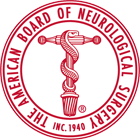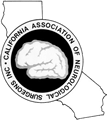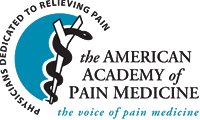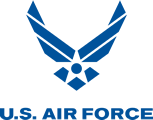Our offices are accessible to people with limited mobility. If you need other accommodations such as a language interpreter, please let us know when making your appointment as time may be required to arrange accommodations.
Controlled substance medications (i.e., narcotics, tranquilizers and barbiturates) are very useful, but they have a potential for misuse or abuse and are therefore closely controlled by state and federal government agencies. Clinical evidence does not support the effectiveness of taking pain medications every day for an extended period of time in the treatment of your chronic pain. In fact, the opposite is true. The longer the period of time in which the patient has taken daily narcotic and anxiety medications the greater their sensitivity to painful stimuli, and the less responsive they are to effective treatment modalities. Over time, chronic use of pain medications create increased pain ratings, disrupted sleep cycles, anxiety and depression, mood swings, decreased libido, an altered mental status, and a decreased motivation for participating in usual activities. Furthermore, there can be organ damage, which can occur within the stomach, liver and kidneys particularly with medications containing (Tylenol) acetaminophen.
Because we prescribe such medication to help manage pain while you are healing, and want to guard against abuse or inappropriate use, we require that you agree to the following conditions:
We do not automatically assume or prescribe medications when patients see us for their initial evaluation visit. You and your referring physician must understand that we prescribe medication for the treatment of postoperative pain. We do not prescribe medication for chronic pain conditions, nor for residual pain after the healing period.
If we do prescribe medications it is your responsibility to make certain you have enough medications to last between office visits. We do not phone in medications or refill prescriptions, especially narcotic medications, at any time during or after business hours or on weekends and holidays. Prescriptions for all your medications must be obtained while you are in the office. Medications must be taken as prescribed, if you take more than the prescribed amount and run out early your prescriptions will not be renewed early. NO EXCEPTIONS. You understand that you will have to have an office visit before your controlled substance medication can be changed. If your medications or prescriptions are lost or stolen they will not be replaced. NO EXCEPTIONS. You will not request or accept controlled substance medication from any other physician (this includes emergency rooms, dentists, etc.) or individual while you are receiving such medication from our office. You understand this may endanger your health in addition to being unlawful. You understand that there will be random drug testing at our discretion.
We adhere strictly to our policy. We do not tolerate medication abuse or misuse, or activities, which are suspicious for diversion of controlled substances. Patients who demonstrate patterns of behavior indicative of this type of abuse or misuse will no longer receive controlled substances prescriptions from our practice, and may in fact be discharged from our practice.
You understand that once the postoperative healing period is over you may need medication to manage chronic pain issues, and that your pain medication will have to be obtained from a provider who specializes in narcotic medication management. We will not be responsible for long term medication management.
If you need emergency care outside normal office hours, call 911 or go directly to the nearest hospital emergency department.













